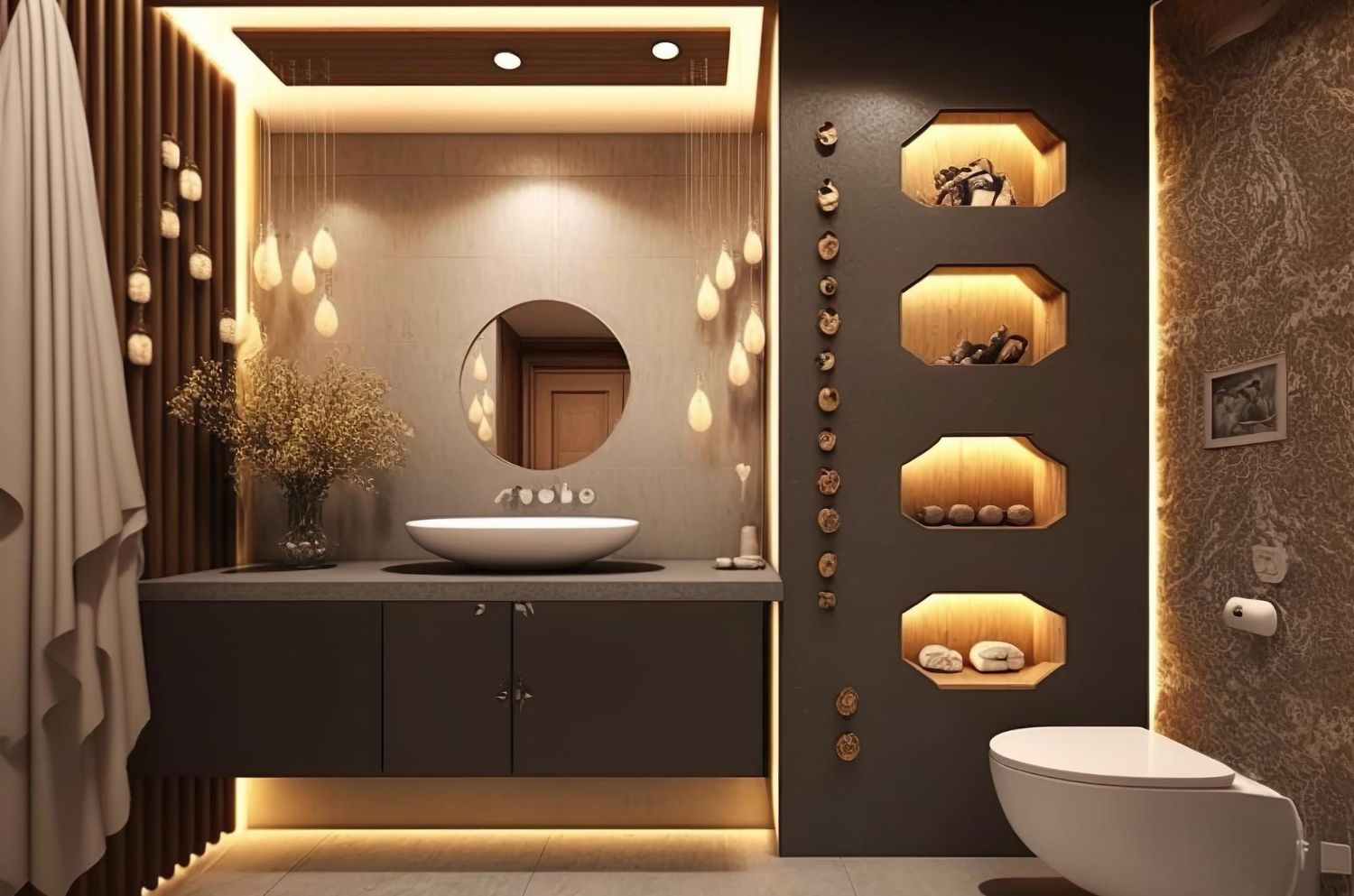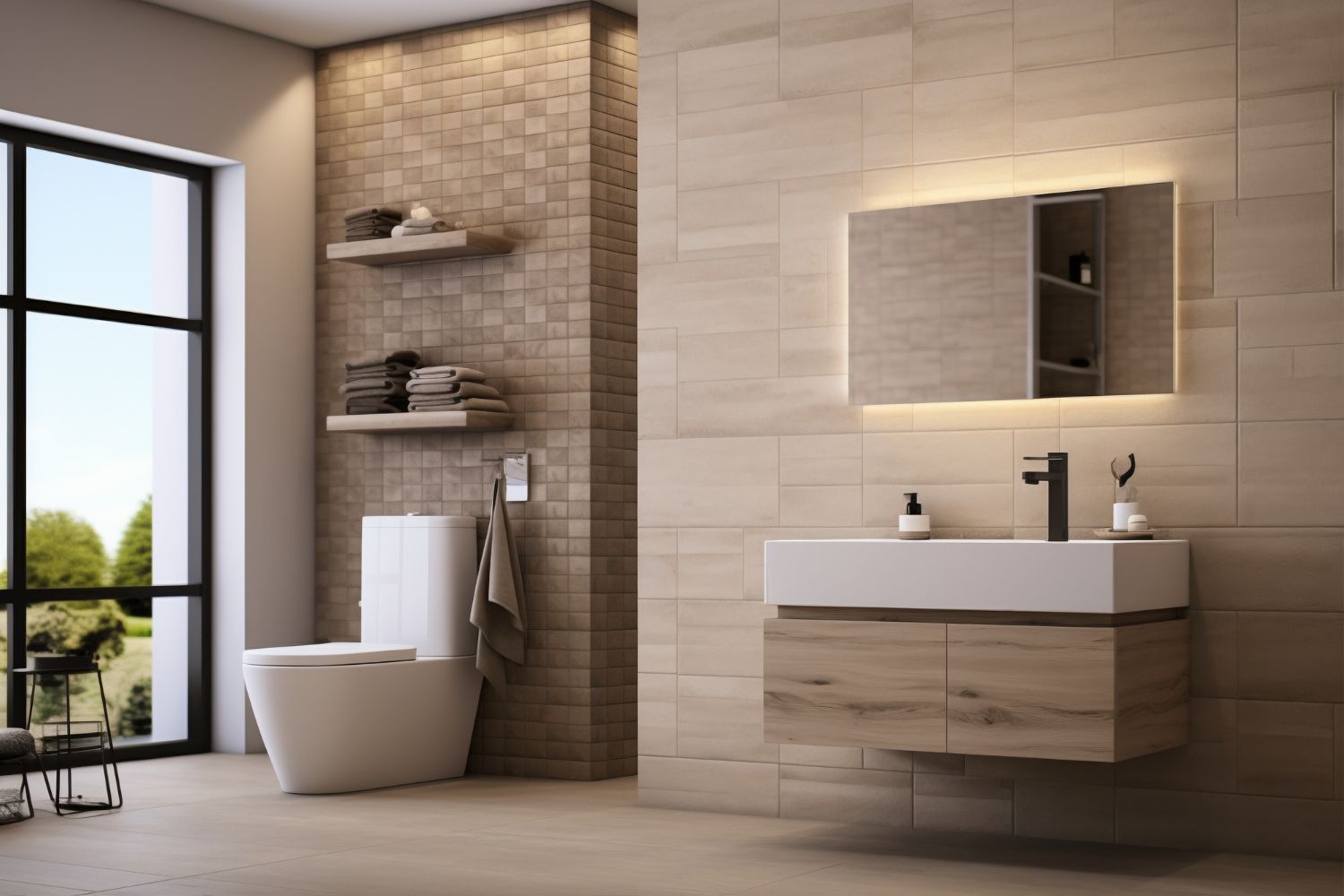The quest for sustainability has become increasingly important in the modern world as we seek ways to reduce our carbon footprint and minimize resource consumption. One often overlooked aspect of sustainability is the realm of bathroom technology. Smart toilets, with innovative features and advanced functionalities, have emerged as an unlikely but effective contributor to sustainable living. This article explores how smart toilets contribute to sustainability, from water conservation to energy efficiency and beyond.
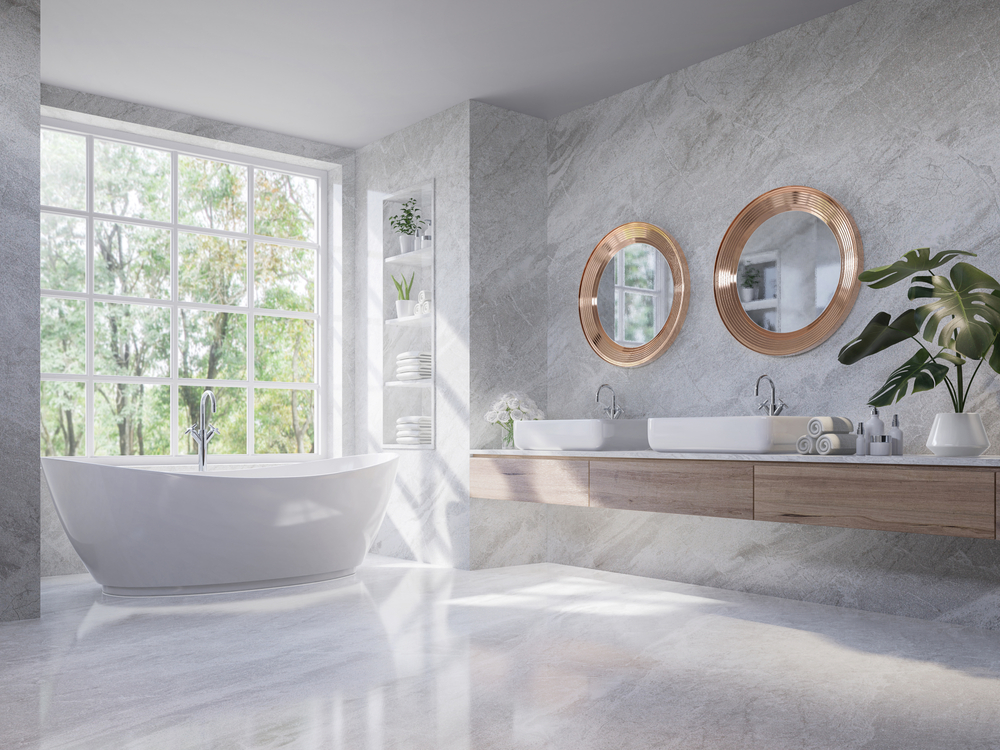
Water Conservation: Flushing With Precision
Traditional toilets consume a substantial amount of water with every flush, often exceeding the requirement. Smart toilets, on the other hand, utilize advanced flushing mechanisms that allow users to choose different flushing options based on waste volume. Dual-flush systems, for instance, offer a lower-volume flush for also liquid waste and a higher-volume flush for solid waste. This flushing precision significantly reduces water usage, ultimately conserving one of our most precious resources.
Leak Detection And Prevention: Averting Water Waste
Water leaks in toilets are familiar, yet they often go unnoticed for extended periods. Intelligent bathrooms are equipped with sensors that detect even minor leaks and promptly notify homeowners. By identifying leaks early on, water wastage is minimized, preventing water loss and the potential damage caused by unaddressed leaks. Homeowners can take immediate action to rectify the issue, reducing their water bills and environmental impact.
Energy Efficiency: Minimizing Electricity Usage
Smart toilets often incorporate energy-efficient features like motion-sensing lighting and seat heating. These features ensure that energy is only consumed when needed, unlike traditional toilets where lights remain on or heating elements remain active even when the bathroom is unoccupied. Through this energy-conscious approach, smart toilets contribute to overall energy savings and promote sustainable living within households.
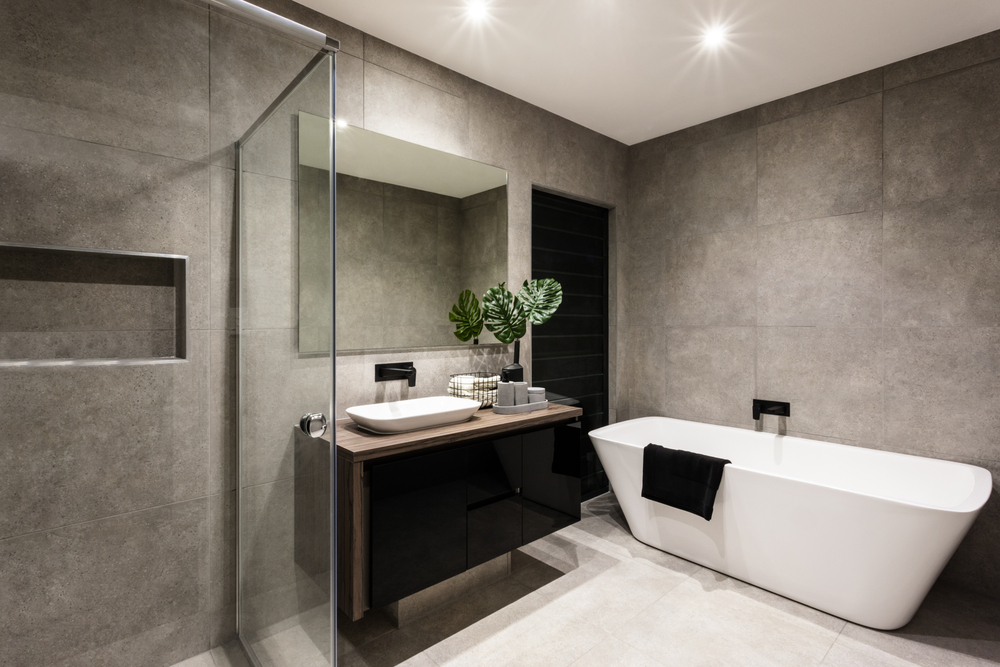
Personalized Usage Tracking: Encouraging Responsible Consumption
Some smart toilets have usage-tracking capabilities that provide insights into water and energy consumption patterns. This data empowers users to make informed decisions about their usage habits. By encouraging responsible consumption, homeowners can reduce their environmental impact over time. Additionally, this personalized data can serve as a reminder of the positive changes toward sustainability.
Integration Of Bidet Features: Redefining Cleanliness
Many smart toilets have integrated bidet functionalities that provide a superior cleaning experience using minimal water. Bidet features reduce the reliance on toilet paper, which often contributes to deforestation and water pollution during production. By adopting bidet functionalities, homeowners can contribute to a more sustainable future while enjoying enhanced personal hygiene.
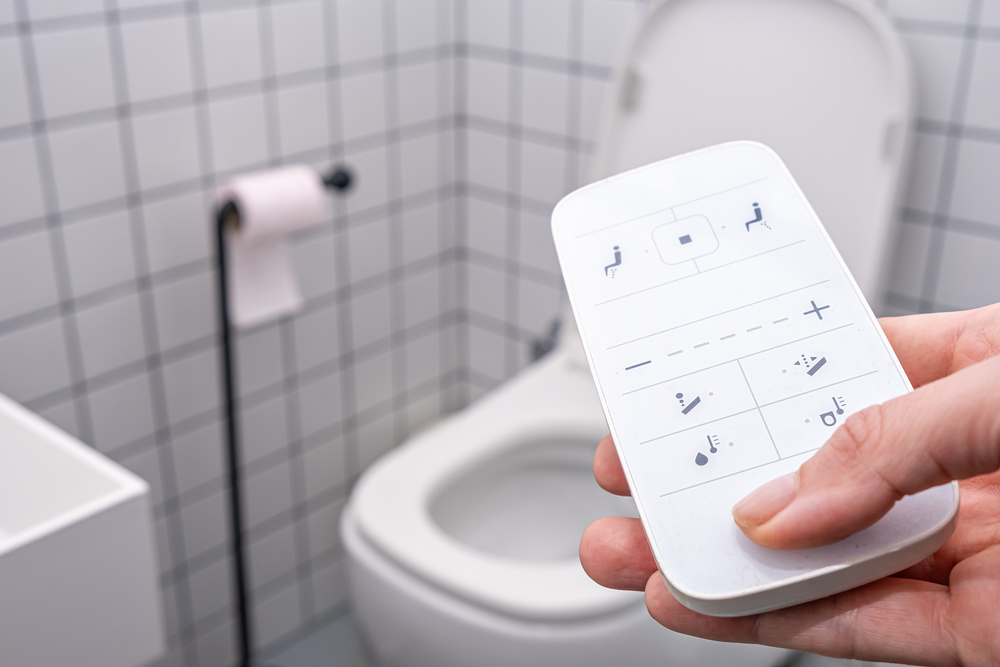
Reduced Chemical Usage: Eco-Friendly Cleaning
Cleaning traditional toilets often involves using chemical cleaners that can also harm both human health and the environment. Bright bathrooms often have surfaces treated with antimicrobial coatings, making them easier to clean with water and mild soap. This reduction in chemical usage promotes a healthier living environment and minimizes the release of harmful substances into the ecosystem. Home Shop provides you with a platform to select products that support your comfort and our planet's well-being.

Remote Monitoring And Control: Preventing Wastage
Specific smart toilets can be monitored and controlled remotely through smartphone applications. This feature proves valuable in preventing unintentional wastage, such as leaving the bathroom running after use or discovering a running toilet when away from home. By promptly addressing such situations, homeowners can conserve water and energy, contributing to sustainability efforts.
Renewable Energy Integration: Eco-Friendly Power Sources
Incorporating renewable energy sources into household systems is a hallmark of sustainable living. Some smart toilets are designed to harness energy from also various sources, such as solar panels or kinetic energy converters. This energy can be utilized to power multiple toilet components, reducing reliance on conventional energy sources and promoting the use of cleaner alternatives.
Longevity And Durability: Reducing Waste Generation
Smart toilets often boast higher build quality and better durability than their counterparts. Their advanced engineering and use of quality materials result in longer lifespans, reducing the frequency of replacements. This extended lifespan translates to fewer discarded toilets ending up in landfills, thus reducing waste generation and its associated environmental impact.
Behavioral Feedback: Nudging Towards Efficiency
Some smart toilets provide instant feedback to users about their water and energy consumption after each use. This real-time feedback can encourage users to adopt more water and energy-efficient habits, such as using shorter flushes or minimizing energy-consuming features.
Conclusion
In conclusion, the era of sustainability requires us to rethink every aspect of our lives, including our everyday routines. Smart toilets, with their innovative technologies and advanced features, offer unexpected but impactful contributions to the sustainability movement.
To explore the latest options in smart toilets for your home, visit HomeShop.ae – your one-stop shop for cutting-edge bathroom technology that supports a sustainable future. Upgrade your bathroom with intelligent toilets from Home Shop and take a step towards a greener and more environmentally-conscious lifestyle.

